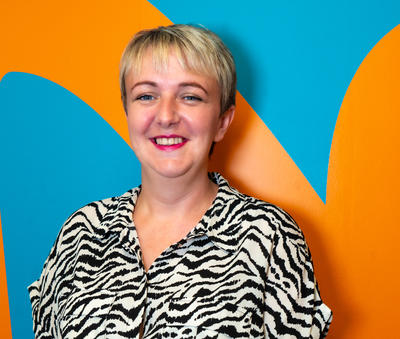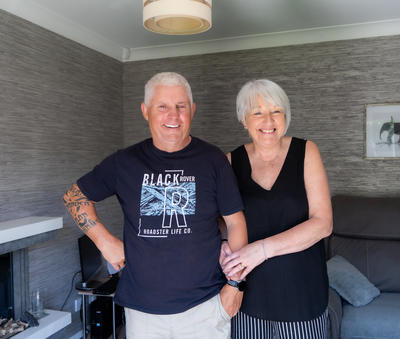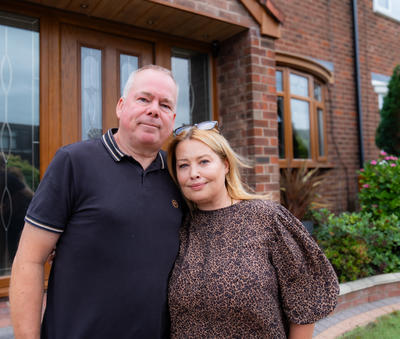FAQs
If you have any further questions please do not hesitate to get in touch.
Some FAQs about fostering with the Together Trust
What skills do I need to become a foster carer?
You will need plenty of patience, enthusiasm, often humour and always kindness. Parenting experience is helpful, you need to be adaptable and need to demonstrate an understanding of the complex needs of the children and young people who are looked after. Commitment to children and young people is key – stickability.
Will I have to leave my job?
Not necessarily. It is important that you can commit sufficient time to the child or young person, including attending meetings and taking them to contact sessions or appointments, and arrangements for school holidays. Some foster carers balance part-time work with fostering.
Do I need a car?
Foster carers sometimes need to transport children and young people to contact sessions with their birth families and appointments, plus travel to meetings about the child or young person. It would be challenging to do this without a car.
I am already approved with another fostering agency, can I transfer?
We welcome applications from people already approved to foster with another agency. You would have to be reassessed but this should be fairly straightforward as you will have all your experience in fostering. Carers are not able to foster with more than one agency at a time.
Am I too old to foster?
There is no upper age limit for fostering but you do need to be at least 21 years old.
Foster carers need to have reasonable health and have a positive outlook. The assessment will look at your individual skills and situation.
What will the assessment be like and how long will it take?
Assessments start with taking up references with statutory organisations and police checks. Our very experienced social workers will support you through every step of the way and will be able to answer all of your questions. We aim to complete assessments within four to six months.
How will my own children be affected by fostering?
Fostering involves the whole family and it is important that you talk to your children, whether living with you or not, and ask their views. Becoming a foster carer means sharing your home and family life with children or young people who have had very different life experiences.
If you decide to continue with your interest in fostering the home visit by a social worker will include a discussion with your family.
I am single and have never had any children of my own, will I be able to foster?
Our fostering family includes foster carers with a wide range of experiences and situations, including a number of single carers. We will talk to you about your experience of caring for children. The important factor is that you have friends and family to support you.
We are in a same sex relationship. Can we become foster carers?
Here at the Together Trust, we are proud to support LGBTQ+ individuals and couples wanting to foster. We are a New Family Social member and take pride in making sure every individual or family going through the fostering process with us is treated equally and with respect.
How will fostering affect my welfare benefits?
If you currently claim welfare benefits it is likely you will be able to continue while fostering. Foster carer allowances may be disregarded when calculating welfare benefits. We can assist with advice and you can also contact The Fostering Network (www.thefosteringnetwork.org.uk).
Would I have to have contact with birth families?
Foster carers often take children and young people to contact sessions with birth parents or siblings. Parents and wider family are important to children and young people who are looked after, so it is important that foster carers encourage contact where appropriate. We will support you to prepare for this.
Do you need to contact my ex-partner?
If you are separated, divorced or ended a relationship where you had lived with a partner we will need to contact them. This is part of the assessment to ask if they have any concerns about your suitability to foster.
Please do not worry as we do realise that not all relationships end amicably, we will take this into consideration. There are a few, exceptional situations to this check being made, and if you are concerned about it please discuss with the social worker who visits you at home.
I am a member of a church/faith group. Will this affect me becoming a foster carer?
We welcome applications from people of all faiths and religions and those without. Faith can be a very positive factor meaning people have strong support networks. It is important that you can promote equality and diversity, and think about whether any strong beliefs may conflict with fostering and supporting children or young people in whatever situation they may be in.
Share this page:








